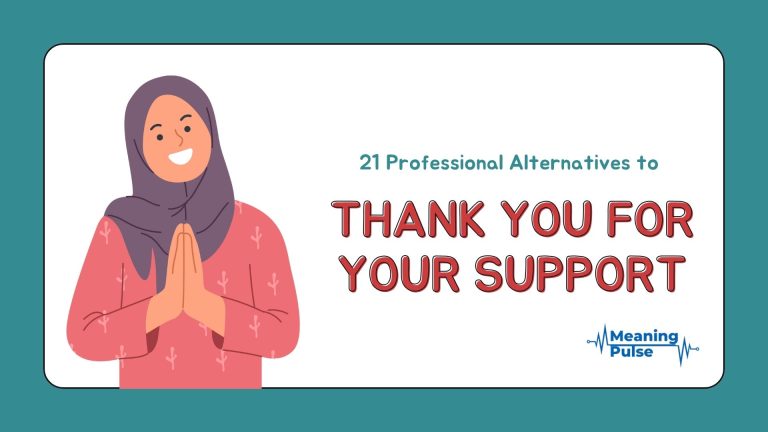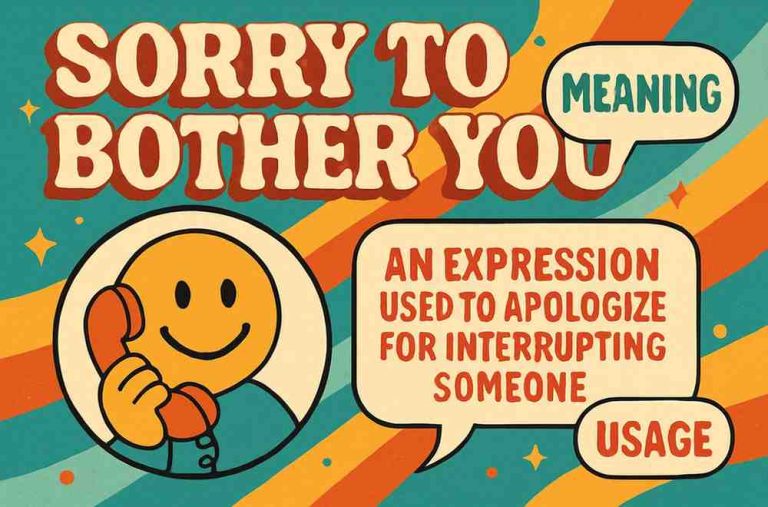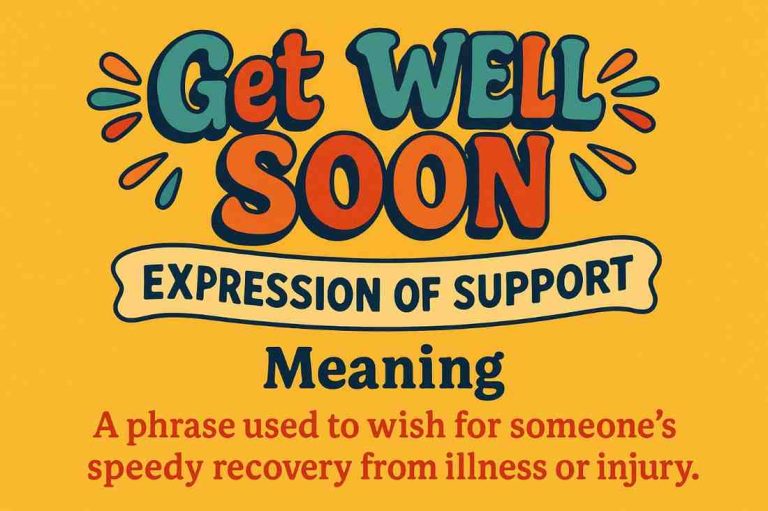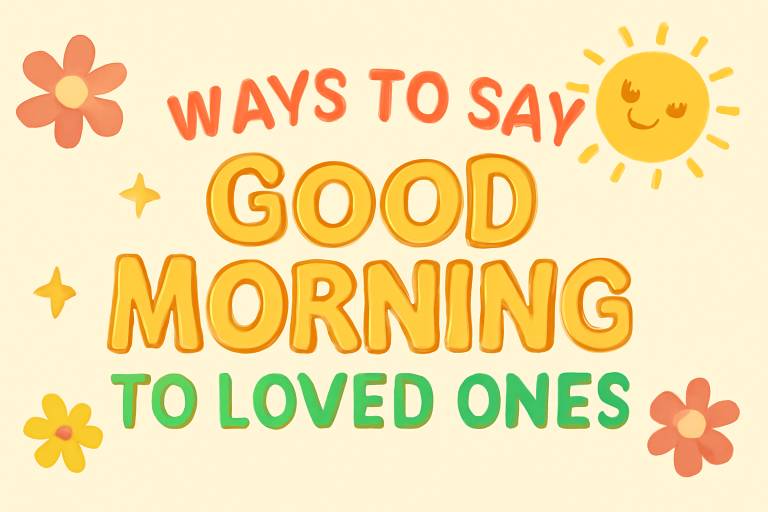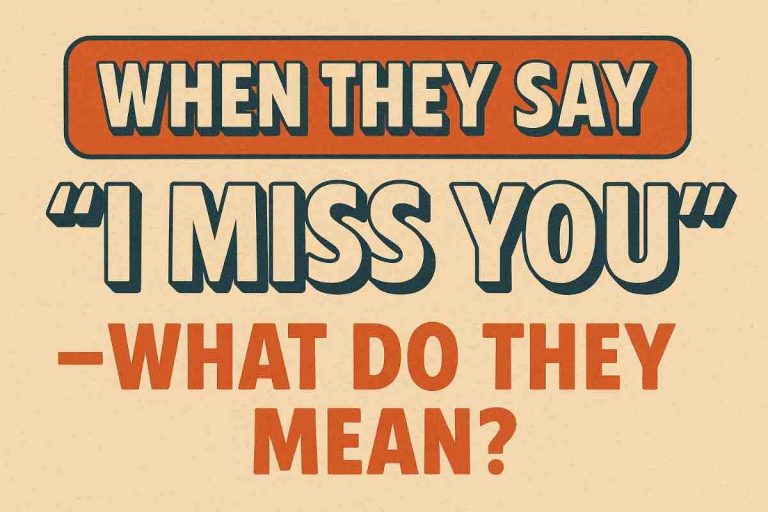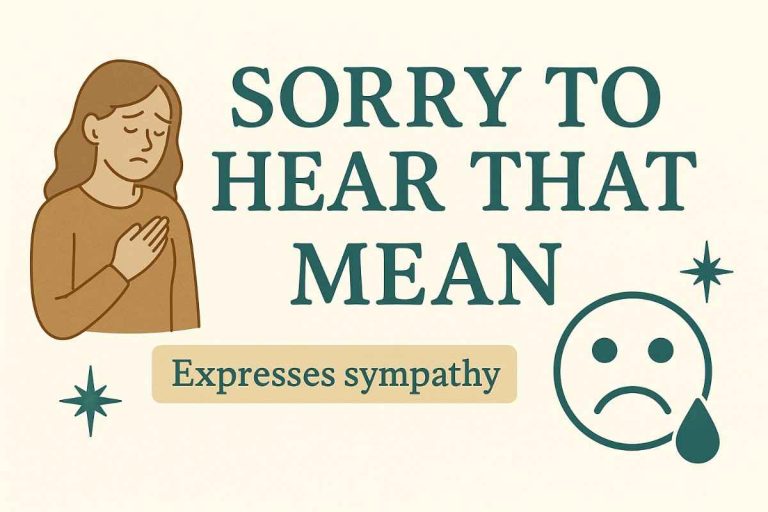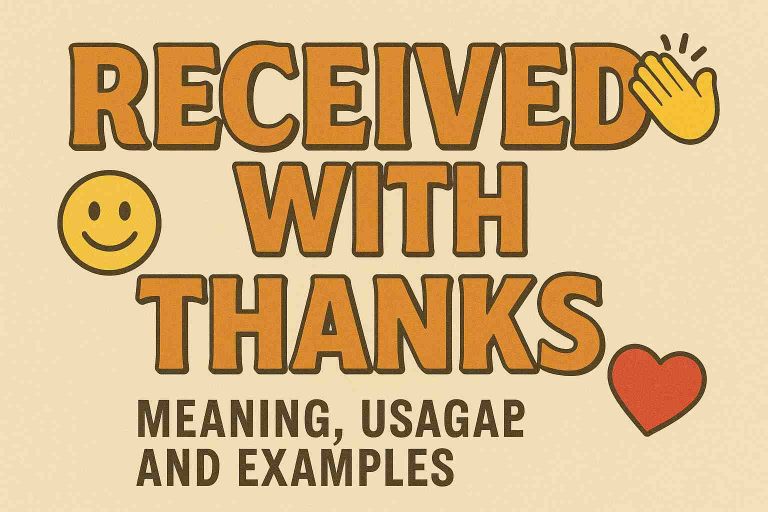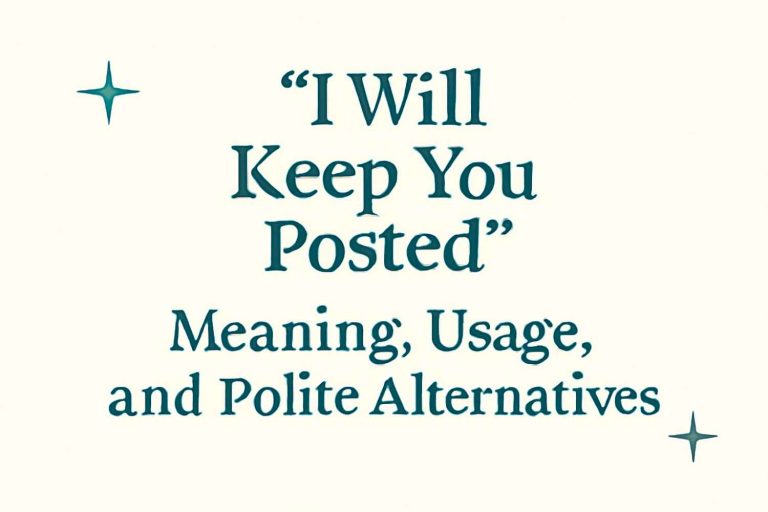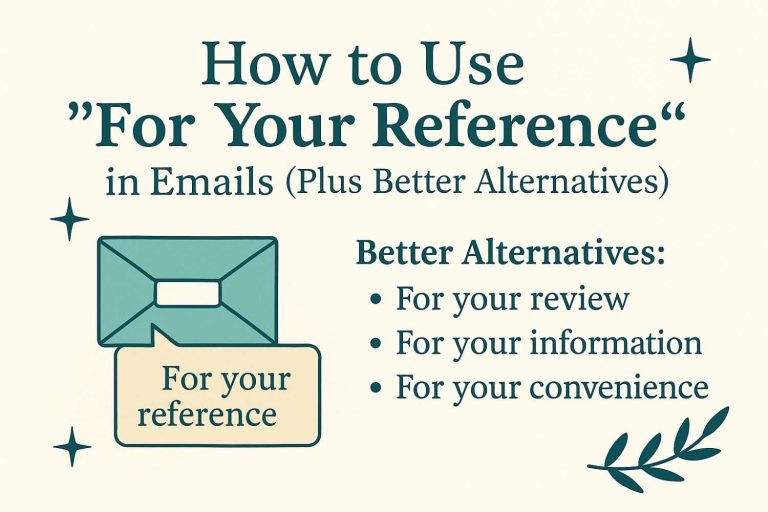Creative Ways to Say ‘I Am Honored’: 21 Alternatives You’ll Love
The phrase “I am honored” is a polite way to express gratitude and appreciation. It is often used to acknowledge someone’s praise or to show respect for a position or opportunity. While it is a sincere and respectful expression, there are times when it might feel too formal or not quite the right fit. Depending…


